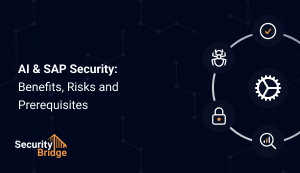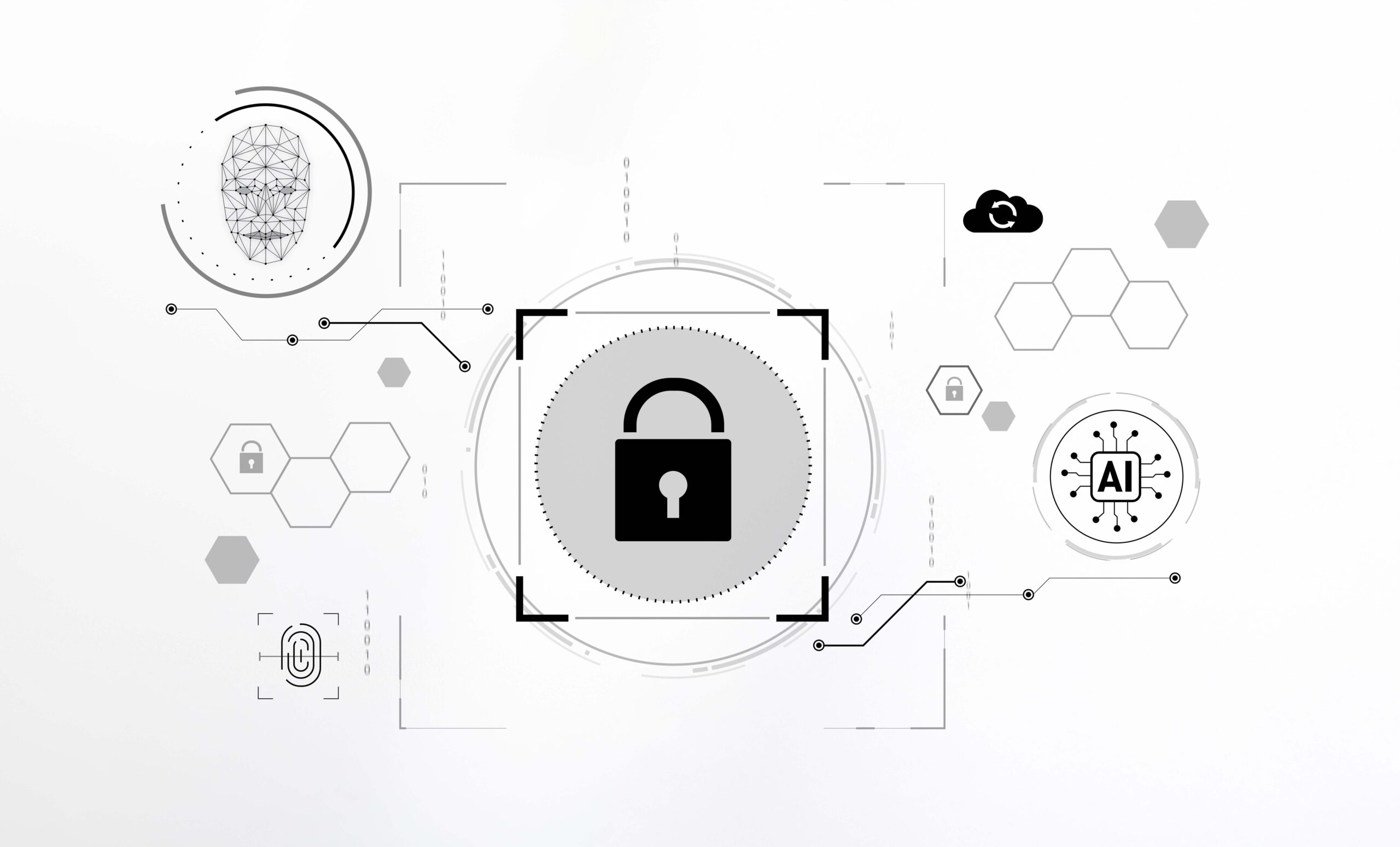Extending GenAI to SAP Cybersecurity
Meet the Authors
Key Takeaways
Organizations often struggle to manage the challenges associated with scalability and need robust measures for protecting their SAP systems.
Technology like AI can not only automate the complex processes of identifying masked data and track unauthorized access, but it can also discover anomalies by analyzing vast amounts of data and address cybersecurity breaches and threats in real-time.
Fortinet’s GenAI-enabled FortiAI (formerly Fortinet Advisor) is an in-built AI assistant that allows security teams to make faster, more accurate decisions and respond quickly to threats by automating complex tasks.
As organizations grow and scale, their SAP attack surface expands as well and so do vulnerability points in the SAP systems. Organizations often struggle to manage the challenges associated with scalability and need robust measures for protecting their SAP systems, safeguarding data, and managing user identity, access, and authorizations. Traditional security monitoring techniques that rely heavily on manual detection and analysis often fall short today. Additionally, with increasingly sophisticated attack vectors and complexities associated with identifying critical threat characteristics and attacker profiles, organizations fail to keep up with the skills that are needed to manage such challenges.
Technologies like GenAI, ML and deep learning are already being implemented by organizations for simplifying and streamlining operations, making better informed decisions, and driving efficiencies. And while AI can be used for all the above-mentioned objectives, organizations can also significantly benefit from accelerating their security defenses with it.
Technology like AI can not only automate the complex processes of identifying masked data and track unauthorized access, but it can also discover anomalies by analyzing vast amounts of data and address cybersecurity breaches and threats in real-time. AI is particularly helpful in detecting phishing attempts, malware, recognizing behavior patterns, and managing other cybersecurity requisites like compliance and real-time monitoring.
Explore related questions
Fortinet, a cybersecurity company, has developed AI systems with machine learning and deep learning use cases to help evolve security threats. Fortinet’s GenAI-enabled FortiAI (formerly Fortinet Advisor) is an in-built AI assistant that allows security teams to make faster, more accurate decisions and respond quickly to threats by automating complex tasks. FortiAI, enhances AI capabilities by supporting OpenAI and Google Bard (FortiSOAR only) cloud engines, while also connecting with other large language models. It integrates public AI intelligence with Fortinet’s expertise and product knowledge to deliver context-aware, timely, and accurate results.
For Vulnerability Management, FortiAI gives analysts latest threat intelligence on known threats such as their severity, attacker persona and tactics used. It also provides recommended next steps, response playbooks, and threat indicators for automated threat hunting to improve response effectiveness. Additionally, with Automated Actions, security analysts can use natural language commands to automate tasks, such as running data queries, generating reports, and creating customized playbooks, thereby improving operational efficiency.






